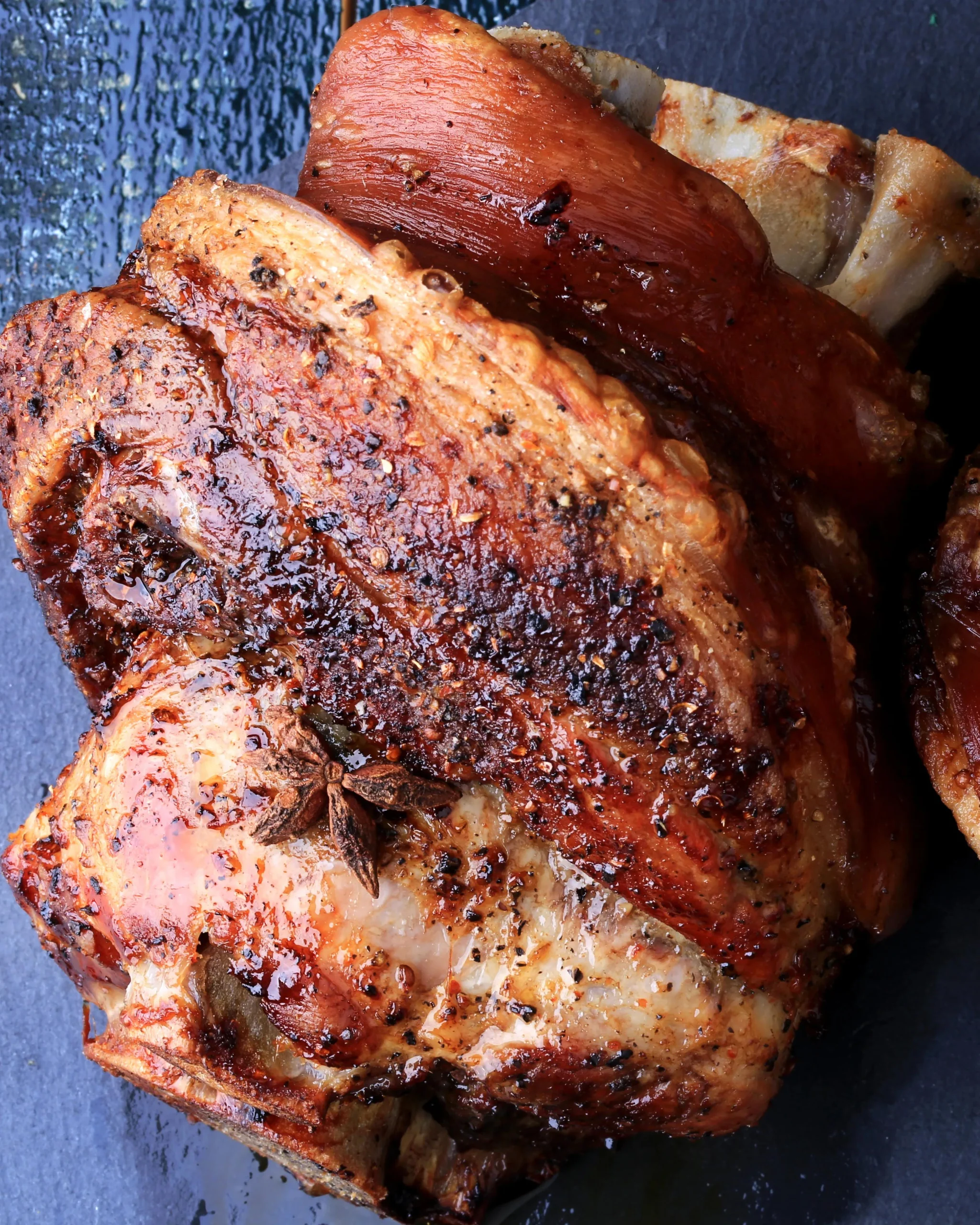Smoked ham hocks are a delicious addition to many dishes, providing a rich and smoky flavor. But if you have some leftover smoked ham hocks and are wondering how long they can be safely stored in the refrigerator, you've come to the right place. In this article, we will explore the shelf life of smoked ham hocks and provide you with some guidelines to ensure their freshness and safety.

Understanding Smoked Ham Hocks
Smoked ham hocks are a type of meat that has been preserved through the smoking process. Smoking not only imparts a unique and delicious flavor but also helps to extend the hocks' shelf life by reducing their moisture content. This preservation method has been used for centuries, allowing people to enjoy smoked meats for longer periods.
When you purchase smoked ham hocks, you might notice that they come with a sell by date. However, it's important to remember that sell by dates are just estimates provided by the manufacturer. In reality, smoked ham hocks can last for quite a while after the sell by date, as long as they are stored properly.
Official Food Safety Guidelines
While smoked ham hocks can last for extended periods, it's essential to consider official food safety guidelines. According to these guidelines, refrigerated smoked ham hocks should be safe to consume for a few weeks, and in some cases, even months.
However, it's worth noting that certain factors can affect the shelf life of smoked ham hocks. For example, if someone has a weakened immune system or if the meat is contaminated with bacteria, it may not last as long. Additionally, if the smoked ham hocks have been improperly stored or exposed to unfavorable conditions, their shelf life may be reduced.
Practical Shelf Life
While official guidelines provide general recommendations, many people around the world have their own practices when it comes to storing smoked ham hocks. In reality, a smoked ham hock can typically last for a couple of days to a week in the refrigerator, assuming it has been stored properly.
If you want to extend the shelf life of your smoked ham hocks, freezing them is a great option. Freezing helps to preserve the meat's freshness and flavor, allowing you to enjoy it at a later time. When freezing smoked ham hocks, it's essential to wrap them tightly in plastic wrap or place them in an airtight container to prevent freezer burn.
Using Your Judgment and Experience
Ultimately, the decision of how long to keep smoked ham hocks in the refrigerator comes down to your judgment and past experience. If the hocks appear and smell fresh, and you have stored them properly, they should be safe to consume even beyond the official guidelines.
However, it's important to trust your instincts and use common sense when it comes to food safety. If the smoked ham hocks show signs of spoilage, such as a foul odor or unusual texture, it's best to discard them to avoid the risk of foodborne illness.
Q: Can I eat smoked ham hocks past the sell by date?
A: Yes, smoked ham hocks can still be consumed past the sell by date as long as they have been stored properly and show no signs of spoilage.
Q: How long do smoked ham hocks last in the freezer?
A: When stored in the freezer, smoked ham hocks can last for up to six months without a significant loss in quality.
Q: Can I use frozen smoked ham hocks directly in recipes?
A: Yes, you can use frozen smoked ham hocks directly in recipes. However, it's recommended to thaw them in the refrigerator overnight for even cooking.
Smoked ham hocks can be stored in the refrigerator for a few weeks, and in some cases, even months, depending on various factors. While official food safety guidelines provide general recommendations, it's important to trust your judgment and past experience when determining the freshness and safety of smoked ham hocks. By properly storing and handling smoked ham hocks, you can enjoy their delicious flavor in your favorite recipes for an extended period.
If you want to know other articles similar to How long do smoked ham hocks last in the fridge? you can visit the Food storage category.


Related Articles